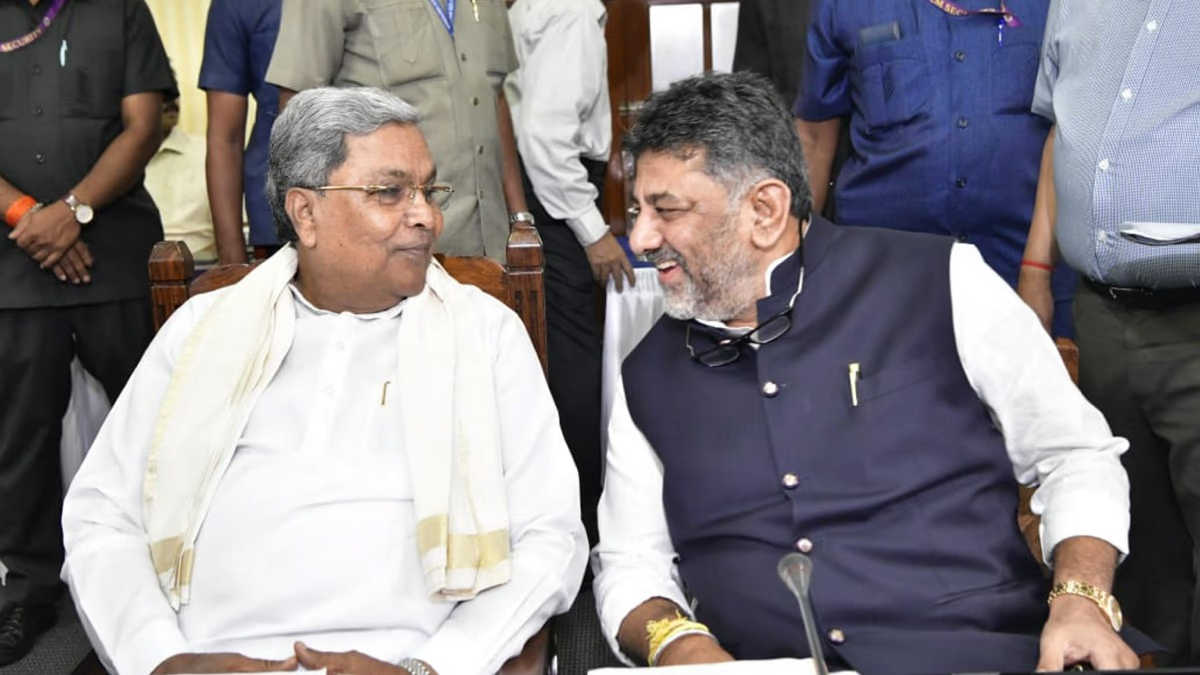Residents of Karnataka are on the brink of a transformative employment landscape as the state plans to roll out a 100% job reservation in private-sector jobs for local citizens. The Chief Minister of Karnataka, Mr. Siddaramaiah, announced the approval of a bill focusing on reserving Group C and Group D positions exclusively for Kannadigas. The decision was taken in a recent cabinet meeting.
"We are a government that champions the Kannada cause. Our foremost concern is the welfare of Kannadigas," stated CM Siddaramaiah.
Shedding light on his government's resolution, he elaborated, "It's our aspiration to see that residents do not have to go without jobs in their homeland but are given the chance to live comfortably on their own soil."
The bill, officially titled 'Karnataka State Employment of Local Candidates in the Industries, Factories and Other Establishments Bill, 2024,' is set to be introduced in the Assembly on Thursday.
Insights into Siddaramaiah Government's Bill
Karnataka's Congress government posits that private companies operating in the state must now prioritize the hiring of local residents.
Group C and D jobs will now have 100% reservation, ensuring these roles are filled entirely by Kannadigas.
Managerial and management-level positions will see a reservation of 50%; thereby, half of such roles will be staffed by Kannadigas.
In non-managerial posts, the reservation percentage shall be 75%, implying that three-quarters of such positions will be filled by Kannadigas.
It’s worth noting that the bill is yet to be presented in the Assembly. It's scheduled for introduction on Thursday.
Defining Job Categories under C and D
Jobs falling under Group D typically include roles such as drivers, attendants, cleaners, gardeners, guards, barbers, and cooks. Group C encompasses supervisors, clerical assistants, stenographers, tax assistants, head clerks, multitasking staff, storekeepers, cashiers, and positions which include various technical and non-technical posts.
Who Qualifies as 'Local'?
The bill clarifies that a 'local' is someone born in Karnataka, residing in the state for over 15 years, and proficient in speaking, reading, and writing Kannada.
Should candidates lack a secondary school certificate in Kannada, they will have to pass a Kannada proficiency test conducted by a designated 'nodal agency'.
The bill further states that if qualified local candidates are unavailable, companies must take action within three years to train them with the active cooperation of the government or its agencies.
Companies Can Seek Exemptions
If there is an insufficient number of local candidates, companies are permitted to request exemptions from these provisions.
Karnataka's bill clarifies that the government's nodal agency will have the authority to inspect employee records at companies and glean information about the workforce. Companies found in violation of these provisions could be penalized.
Industry Leaders Express Concerns
The decision by the Congress government has prompted responses from major private sector entrepreneurs, who warn that this could create a challenge in sourcing skilled labor. Notably, Bengaluru, the capital of Karnataka, serves as a hub for call centers, BPOs, and startups, all utilizing the expertise of thousands of youngsters from across states.
Kiran Mazumdar Shaw, Chairman of Biocon, highlighted the need to maintain the state’s leading position in the technology sector, calling for exemptions for technology-driven and high-skill jobs from this policy.
T. V. Mohandas Pai suggested instead of mandating reservation the government should focus more on skill development and invest in training programs, internships, and higher education, to enable local youth to become skilled enough without needing such policy protections.
C. VSV Prasad, Managing Director of Swarna Group, indicated that restrictions could ultimately halt all infrastructure projects. He suggested that while the government should prioritize Kannadigas for Group C and D jobs, they must also consider alternatives if suitable local hires are not available.
"Analyze industry scenarios before taking decisions," urges VSV Prasad on the government's impending bill presentation.




